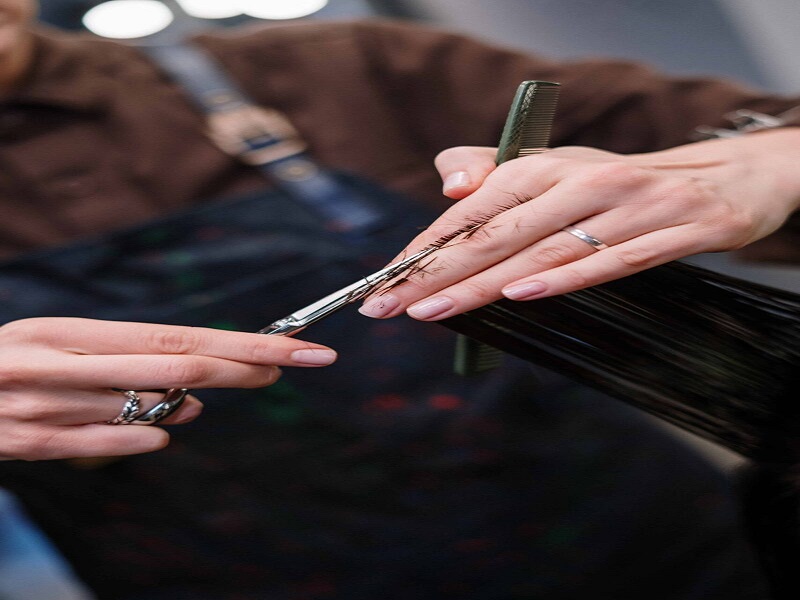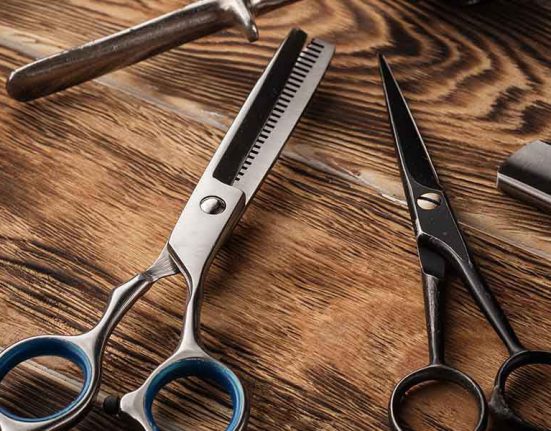As the sacred days of Dhul Hijjah approach, Muslims around the world prepare spiritually and physically for Eid ul-Adha, a significant Islamic festival marked by devotion, sacrifice, and reflection. In many households, especially across Nigeria, questions are rising once again concerning the religious guidelines surrounding personal grooming—specifically, the act of trimming nails and cutting hair—for those intending to offer the Eid sacrifice.
According to authentic Islamic traditions, the Prophet Muhammad (peace be upon him) strongly advised that those who plan to offer a sacrificial animal during Eid ul-Adha should refrain from cutting their hair or clipping their nails once the month of Dhul Hijjah begins, until the act of sacrifice is completed. This practice is considered a Sunnah, and while it is not obligatory, it holds immense spiritual value and reflects obedience to the Prophet’s teachings.
The instruction is rooted in a hadith reported in Sahih Muslim, where the Prophet (PBUH) said: “When the ten days (of Dhul Hijjah) start, and anyone of you intends to offer a sacrifice, then he should not remove anything from his hair or nails until he has offered the sacrifice.” This directive is meant to symbolically align the person making the sacrifice with those in Ihram during Hajj, who are also restricted from grooming activities as part of their sacred state.
It is important to note that this restriction applies solely to the individual who is actually making the sacrifice. In practical terms, if a family plans to sacrifice one ram and it is the father who is paying for and offering the animal on behalf of the household, then only he is required to abstain from trimming his hair and nails during this period. The rest of the family, including his wife and children, are not bound by this instruction unless they too are offering sacrifices individually.
Islamic scholars clarify that the wisdom behind this restriction lies in spiritual discipline and a symbolic expression of participating in the sanctity and spirit of the sacrifice. Although the Prophet (PBUH) did not explicitly explain the reason, many scholars agree that refraining from these acts heightens the sense of devotion and aligns the believer with the pilgrims in Mecca, fostering a deeper connection to the rituals of Hajj.
For those who may inadvertently cut their hair or nails after the month has begun, there is no prescribed penalty or charity to be paid. However, it is recommended that the person seek forgiveness from Allah and make a sincere intention not to repeat the error in the future. The act of repentance should be heartfelt, as with all matters concerning personal devotion and spiritual conduct.
The guidance from Prophet Muhammad (PBUH) on this matter serves as a reminder of the attention to detail and sincerity with which Muslims are encouraged to approach their worship. As millions prepare for Eid ul-Adha across Nigeria and beyond, such teachings continue to inspire acts of piety, humility, and adherence to the Sunnah, reinforcing the unity and devotion of the global Muslim community.
In line with Islamic practice and based on credible Hadiths, refraining from cutting hair and nails during the first ten days of Dhul Hijjah is not just a ritual—it is a spiritual preparation, a quiet submission, and a reminder of the deeper meanings behind the act of sacrifice.


